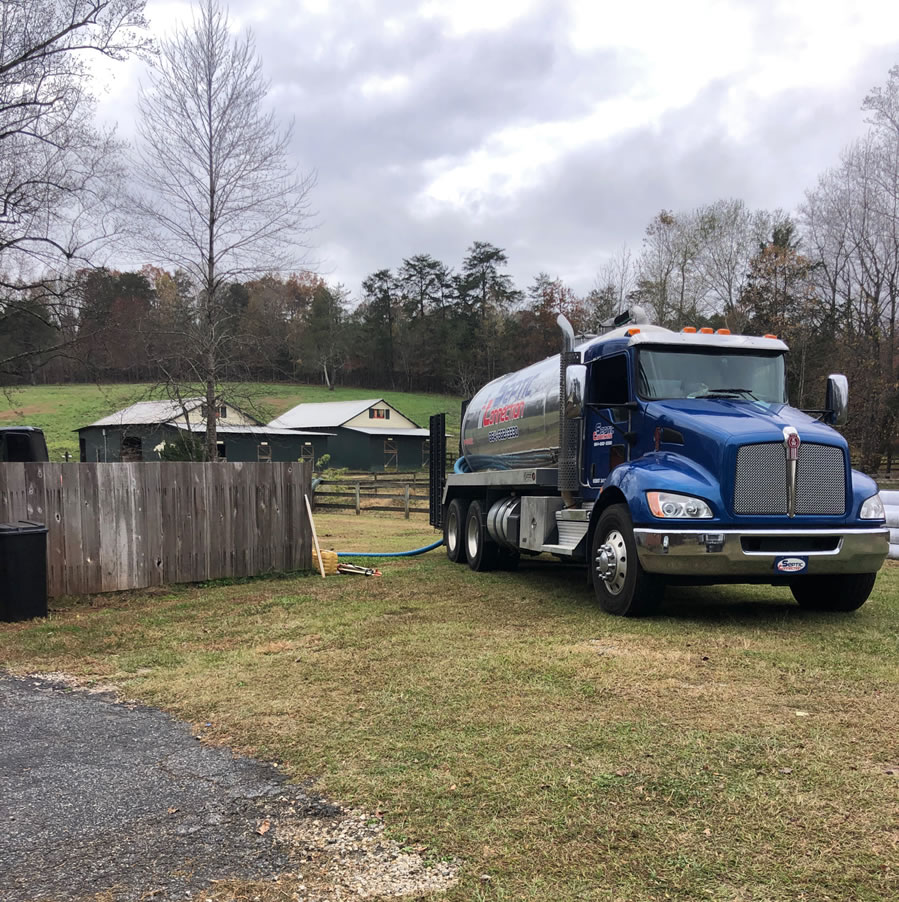
How to Eliminate Bad Smell from Your Septic Tank with Quick Solutions
A septic tank is an essential part of any home's waste management system, but when it starts to emit unpleasant odors, it can quickly become a source of frustration and embarrassment. Fortunately, there are several quick solutions you can try to eliminate bad smells from your septic tank, restoring your home to a fresh and odor-free environment.
Understanding Septic Tank Odors
Septic tank odors arise when the bacteria responsible for breaking down waste in the tank produce hydrogen sulfide gas. This gas, known for its rotten egg smell, escapes through vents and pipes, causing the unpleasant aroma. Other factors contributing to odors include overloading the system, improper ventilation, and the buildup of sludge and scum within the tank.
Quick Solutions to Eliminate Septic Tank Odors
1. Aerate the Tank
Lack of oxygen can contribute to odor production. Aerating the tank involves introducing fresh air into the system, which helps stimulate bacterial activity and reduces odor-causing gases. You can achieve this by adding a septic tank aerator, which pumps air into the tank, or by pouring a few cups of baking soda into the toilet bowl and flushing it. The baking soda will release carbon dioxide, providing oxygen to the tank.
2. Use Enzyme Treatments
Enzyme treatments are formulated to break down organic waste in the septic tank, reducing the amount of material that can contribute to odor production. These treatments contain natural enzymes that break down fats, oils, and grease, preventing them from forming a solid layer that can trap gases and create unpleasant smells.
3. Maintain Proper Ventilation
Ensuring proper ventilation is crucial for preventing septic tank odors from entering your home. Check the vent pipe on your roof for blockages, ensuring it is clear and unobstructed. You can also consider adding a vent fan to your bathroom or laundry room, as these areas are often located near the septic system and may experience odor issues.
4. Avoid Overloading the System
Overloading your septic system can lead to a buildup of waste and a higher likelihood of odor production. Avoid flushing items that are not biodegradable, such as wipes, paper towels, and feminine hygiene products, down the toilet. These items can clog the system and disrupt the natural breakdown process.
5. Address Plumbing Issues
Leaks or cracks in your plumbing system can allow septic tank odors to enter your home. Inspect your pipes for any signs of damage and have any leaks or cracks repaired promptly. This will prevent odors from entering your living space and ensure the proper functioning of your septic system.
When to Call a Professional
While these quick solutions can often address septic tank odors, it's essential to recognize when the issue may be more complex. If odors persist despite trying these methods, or if you notice other symptoms such as gurgling noises in the pipes or slow drainage, it's best to contact a qualified septic tank professional for a thorough inspection and maintenance.
Remember, a well-maintained septic system is a vital part of your home's infrastructure, and taking proactive steps to address odors and maintain its functionality can help ensure a healthy and odor-free living environment.
Post a Comment
Note: Only a member of this blog may post a comment.